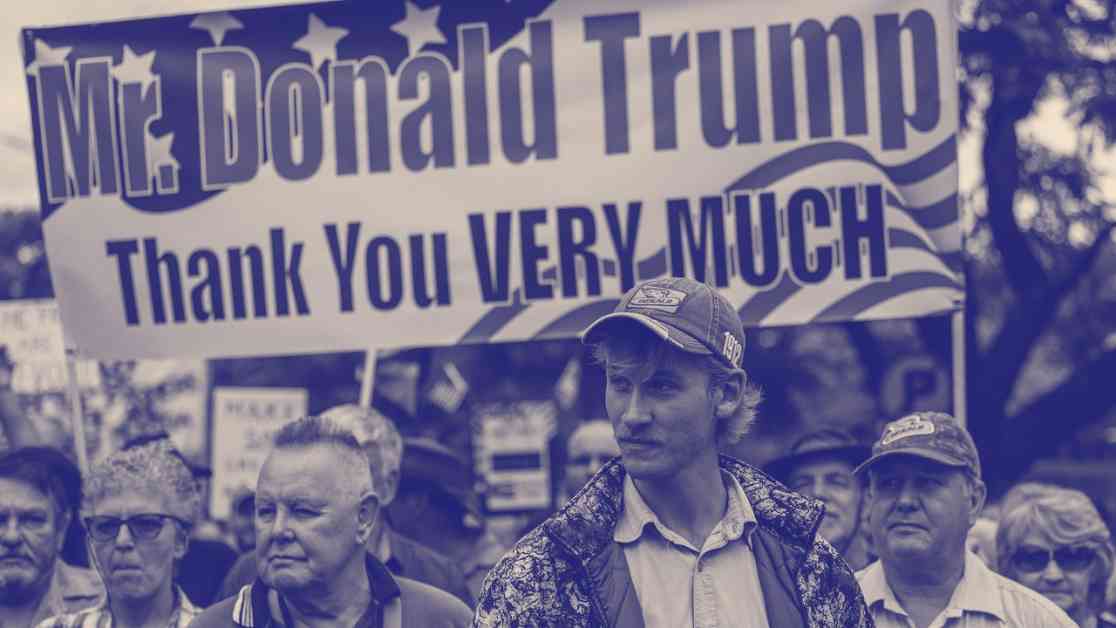Earlier this month, the world was abuzz with news of President Trump’s executive order to freeze all U.S. aid to South Africa and offer refugee status to white Afrikaners looking to leave the country. The reason behind this controversial move, according to the White House and Elon Musk, lies in South Africa’s land reform bill, enacted earlier in the year. This bill allows the government to take privately held land, predominantly owned by white South Africans, for public use under certain circumstances. Musk, a South African native, stirred further controversy with claims of an impending genocide against the country’s white minority.
To delve deeper into the complexities surrounding this issue, I had the opportunity to speak with William Shoki, the editor of Africa Is a Country and a member of Amandla! magazine’s editorial collective. Our conversation shed light on the far-right’s misinterpretation of South African history, Elon Musk’s questionable statements, and the real challenges faced in the post-apartheid era. Let’s explore the landscape of South Africa’s race relations, the implications of the land reform bill, and the historical context that shapes the current narrative.
### Black-White Relations in South Africa: A Complex Tapestry
Reflecting on the state of Black-white relations in South Africa in 2025, Shoki paints a nuanced picture. While race has historically been a defining fault line in South African politics, recent elections have shown a shift towards internal divisions within the Black majority. The African National Congress (ANC), which lost its majority in the 2024 elections, faced a splintering of Black support to other political parties. This signals a changing political landscape where race, though still significant, no longer monopolizes social polarization.
With the population predominantly Black African, followed by a multiracial segment known as “coloured,” the white minority, comprising less than ten percent, has historically held significant land ownership. Despite efforts towards reconciliation post-apartheid, the recent escalation fueled by Trump and Musk reveals underlying tensions and challenges that threaten the fragile peace. The narrative of white Afrikaners as a persecuted minority and the specter of dispossession have rekindled old wounds and revived extremist sentiments.
### The Land Reform Bill: Unveiling Controversies and Realities
At the heart of the current conflict lies the Expropriation Act of 2024, designed to facilitate land expropriation for public purposes in South Africa. While critics argue that the bill opens the door to arbitrary dispossession of white-owned land, the reality is more nuanced. The act aims to replace the apartheid-era “willing buyer, willing seller” model with a fair and equitable compensation framework that considers multiple factors beyond market value.
Contrary to far-right narratives likening South Africa to Zimbabwe’s land seizures, the country operates as a constitutional democracy with judicial oversight over expropriation cases. The misconception that the ANC’s policies are radical and seek to upend the status quo ignores the party’s moderate path post-apartheid. The bill represents a step towards historical redress and equitable land distribution, challenging entrenched patterns of generational economic privilege.
### Unpacking Identities and Divides: Afrikaners, Apartheid Legacy, and Modern Realities
The historical division between Afrikaners and non-Afrikaners in South Africa reflects a complex legacy of colonialism, apartheid, and cultural identity. Afrikaners, descended from Dutch settlers, have historically faced economic and cultural challenges, leading to apartheid policies that favored their upliftment. In contrast, descendants of British settlers are often viewed as cosmopolitan and less attached to land ownership as a marker of identity.
In the post-apartheid era, political realignments have seen Afrikaners gravitating towards right-wing parties like the Freedom Front Plus, seeking to preserve their cultural heritage and land rights. This shift underscores ongoing tensions around land ownership, wealth distribution, and the enduring impact of apartheid policies on social hierarchies. The complexities of racial identity, historical grievances, and economic disparities continue to shape South Africa’s societal fabric.
### Musk, Trump, and the Global Stage: A Collision of Narratives
Elon Musk’s recent statements and alignment with Trump’s stance on South Africa reflect deeper anxieties about shifting power dynamics and the erosion of white hegemony. Musk’s upbringing in late-apartheid South Africa adds a layer of complexity to his worldview, where concerns about colonial legacies and racial hierarchies intersect with personal experiences. His discomfort with South Africa’s unfinished decolonization project mirrors broader fears of declining whiteness on the global stage.
The convergence of Musk’s views with far-right narratives and his controversial remarks about Jews in South Africa hint at deeper ideological undercurrents shaped by apartheid propaganda and historical alliances. The mainstream response from South African political figures, including President Cyril Ramaphosa, has been one of defiance against external interference and a commitment to upholding domestic and foreign policies rooted in national sovereignty.
In conclusion, the unfolding saga of South Africa’s prosperity and challenges underscores the complexities of race, land, and power in a post-apartheid society grappling with its past and navigating an uncertain future. As the global spotlight shines on this nation at a crossroads, the voices of its people, their histories, and their aspirations for a just and equitable society must be heard and understood. The road to true prosperity lies not in division and discord but in dialogue, reconciliation, and a shared vision of unity amidst diversity.












